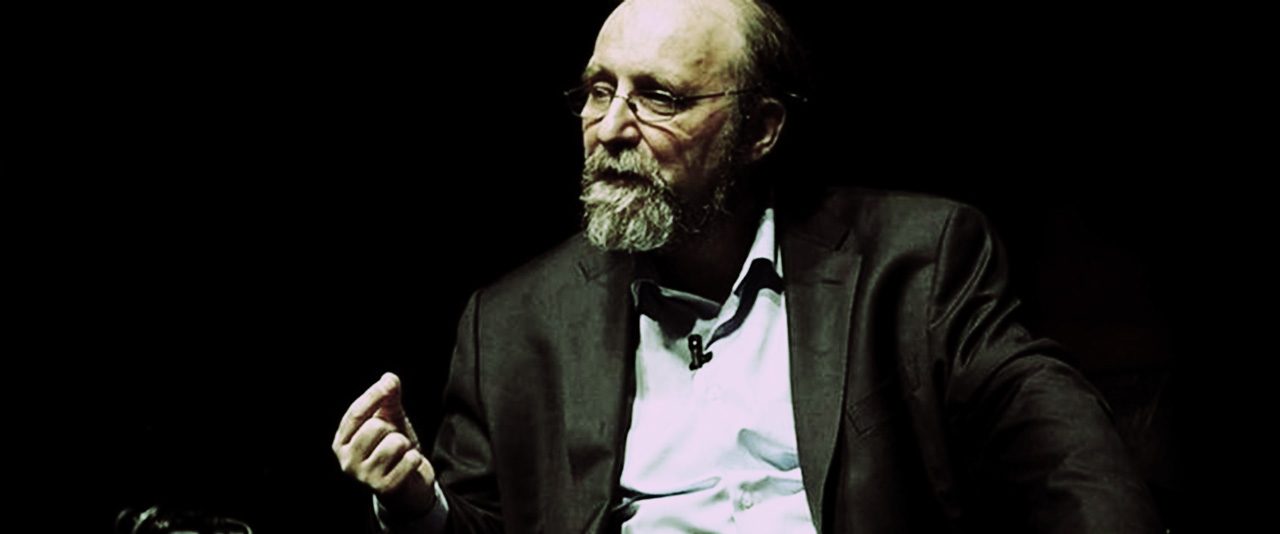In an article for Scientific American magazine, Brazilian Scientist Miguel Nicolelis compared Brazil’s Coronavirus pandemic to Japan’s 2011 Fukushima nuclear accident, and warns that it threatens the entire planet.
“Like a nuclear reactor that goes into an uncontrollable chain reaction, the Brazilian tragedy shows all the signs of an emerging global threat.”
Miguel Nicolelis is a physician and professor of neurobiology and biomedical engineering at Duke University. In June 2020, Brasil Wire published this piece on his collaboration with the nine states of Brazil’s Northeast to form the Scientific Committee to Combat Coronavirus, or C4. He is one of the leading critics of the Bolsonaro-Guedes regime’s handling of the Coronavirus pandemic.
More deaths than births
With the latest toll standing at 420,000, 1 in 500 Brazilians have already died from Covid-19. Miguel Nicolelis describes the desperation in Brazil as being akin to a battlefield where one is “[…] surrounded by a lethal enemy that keeps getting closer to you and your family.”
“This biological foe keeps morphing in a way that seems well adapted to infect everyone within reach, showing mercy neither for pregnant women nor for their newborn babies. More than 1,600 babies have died so far because they were born prematurely or because they were born with COVID and died of later complications, a rate 10 to 20 times more than in the U.S. and the U.K.”
“And if there was any doubt left that the pandemic has led to profound structural changes in Brazilian society, one has only to mention that it is very likely that, for the first time since reliable records have been kept, Brazil may soon register more monthly deaths than births.” Nicolelis laments.
“By early March, hospitals were no longer collapsing in Manaus alone, but also in the richest metropolitan areas in the South and Southeast regions of Brazil—cities like Porto Alegre, Florianopolis and, most worrisome of all, the city of São Paulo. With its metropolitan area serving as the home of more than 23 million people, São Paulo proudly showcases the largest hospital and medical infrastructure not only of Brazil or Latin America, but of the entire Southern Hemisphere. Its private hospitals are second to none in the world, and the quality of its health care professionals is nationally known.”
“Yet, none of these facts prevented São Paulo from being submerged deep into the waters of the tidal wave that came crashing to its shore from all directions of the country.”
Chain reaction
The scientist describes how not only has Brazil’s regime not controlled the pandemic, “[…] Rather, the opposite has occurred: President Jair Bolsonaro voluntarily played the part of the virus’s best ally on many occasions. Bolsonaro has defended the use of preventive medications, such as hydroxychloroquine, which do not work against COVID. He has campaigned feverishly, even filing a petition to the Supreme Court, against any form of social isolation, or the widespread use of masks, and he has spectacularly fumbled key attempts to procure the tens of millions of vaccine doses that Brazil needs.”
Nicolelis insists that Bolsonaro has “[…] created the conditions for Brazil to become one of the largest open-sky laboratories in the world, allowing potential Sars-CoV-2 mutations to spawn in an almost unimaginable number.”
“The P.1 variant, which has contributed to the second devastating Brazilian wave, has now been detected in at least 37 countries worldwide—a veritable “biological Fukushima.””
International dimensions
Nicolelis calls for international cooperation, and even economic sanctions on the Bolsonaro-Guedes regime, in order to control Brazil’s disaster with threatens their own efforts against the pandemic.
“[…] the World Health Organization, and even the United Nations Security Council, should demand that Brazil create a national scientific task force with enough political and financial backing to handle all aspects of the country’s pandemic management. Such a task force should have the power to institute rigid social distancing measures, such as a national lockdown. It should also engage the international community to guarantee a significant increase in the supply of both vaccines and emergency medicines to Brazil as soon as possible.”
“The Brazilian government should be sternly warned that a lack of cooperation in this global effort to bring the pandemic under control could lead to further isolation of the country from the international community and even the imposition of tough economic sanctions. As much as it pains me to write these lines about the country I love so much, I do not see another way to deal with a president and government that voluntarily led Brazil to the greatest humanitarian crisis in the country’s entire history […] “
[qpp]

